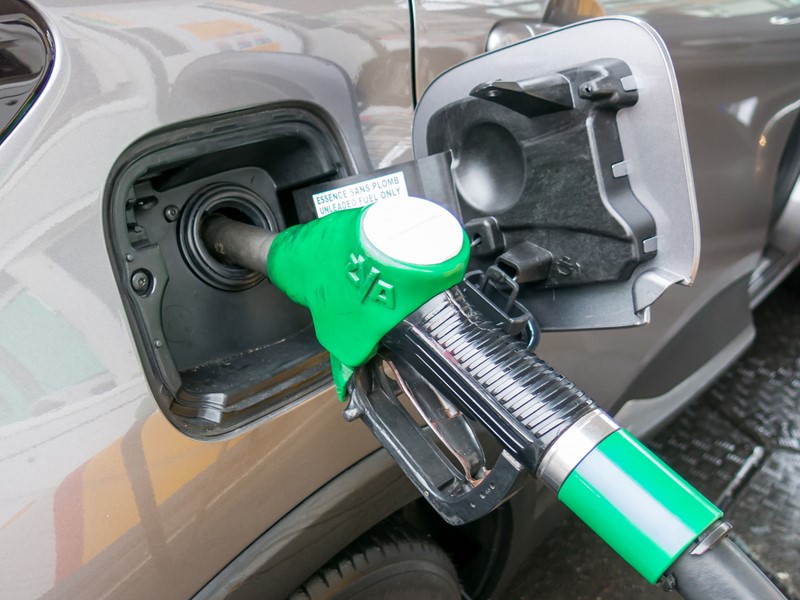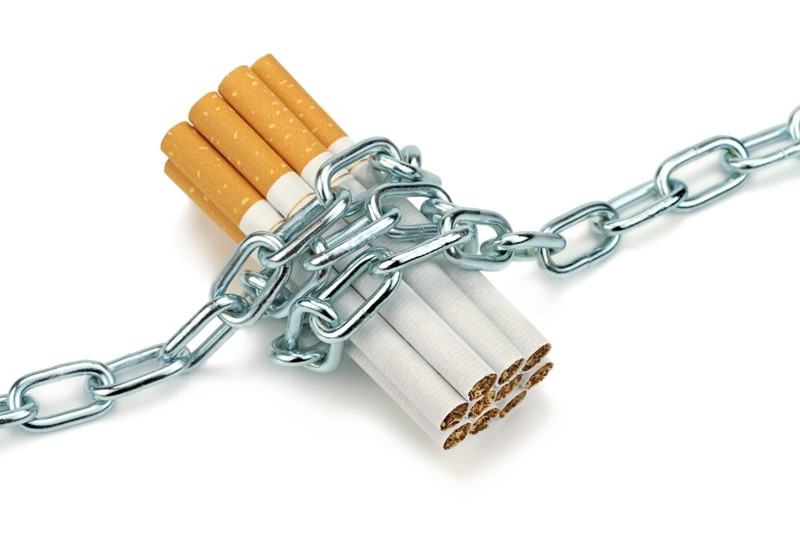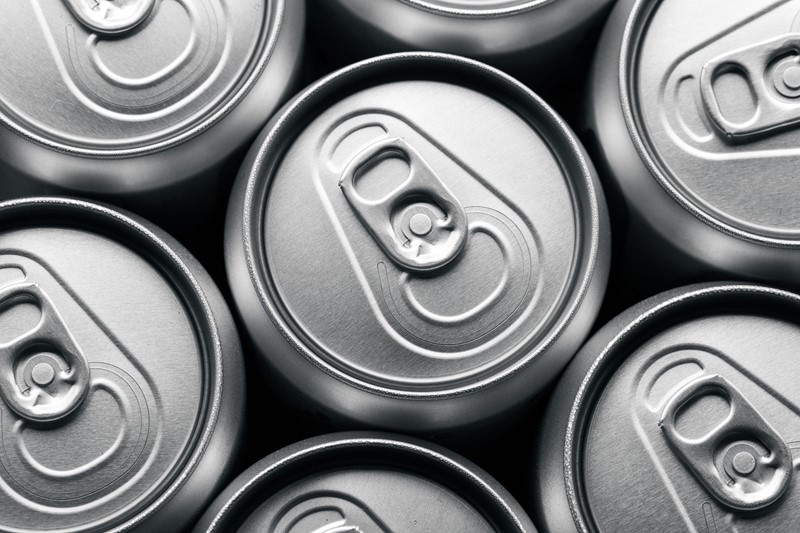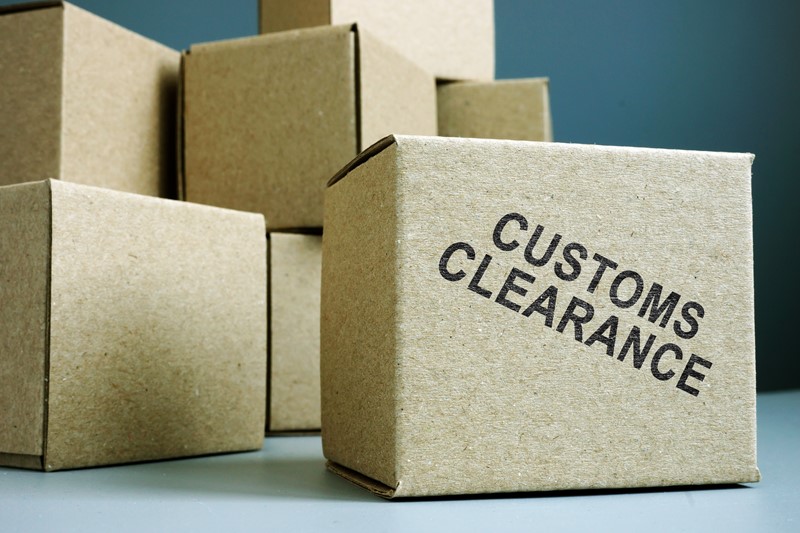As part of the Autumn Statement measures the Chancellor announced that the duty rates on beer, cider, wine and spirits would be frozen at the current rates until 1 August 2024. This change took effect from 1 February 2024 and will last for 6 months.
The alcohol duty freeze will mean that more than 38,000 pubs will benefit. Not increasing alcohol duty in line with inflation will create an effective saving of approximately 3p on the duty applied to a typical pint of beer, 2p on a pint of cider, 4p on a glass of whisky, or 18p on a bottle of wine.
The announcement of the alcohol freeze follows the simplification of alcohol duty system that was completed August 2023. This resulted in the creation of standardised tax bands based on alcohol by volume which created tax cuts on a number of popular drinks, for example, sparkling wines and ready-made drinks.
There were further changes that took effect from 1 August 2023 that resulted in individuals who drink draught products in pubs and other venues pay less tax than if buying the equivalent non-draught product in off-trade venues (such as supermarkets).
This was part of the government’s Brexit Pubs Guarantee commitment for every pint in every pub to pay less duty than their supermarket equivalent.
The Exchequer Secretary to the Treasury said:
‘The great British pub remains a critical part of communities across the country, that’s why we’re helping to keep costs low by freezing alcohol duty, reducing business rates, and supporting on energy costs.
Our decisive action has also helped to more than halve inflation last year, protecting pubs and other businesses from the higher costs they would have otherwise faced.
And we need to stick to our plan, so we can deliver the long-term change our country needs to deliver a brighter future for Britain and improve economic security and opportunity for everyone.’
Source:HM Treasury| 05-02-2024







